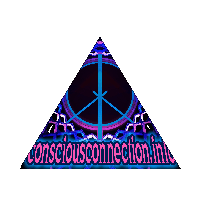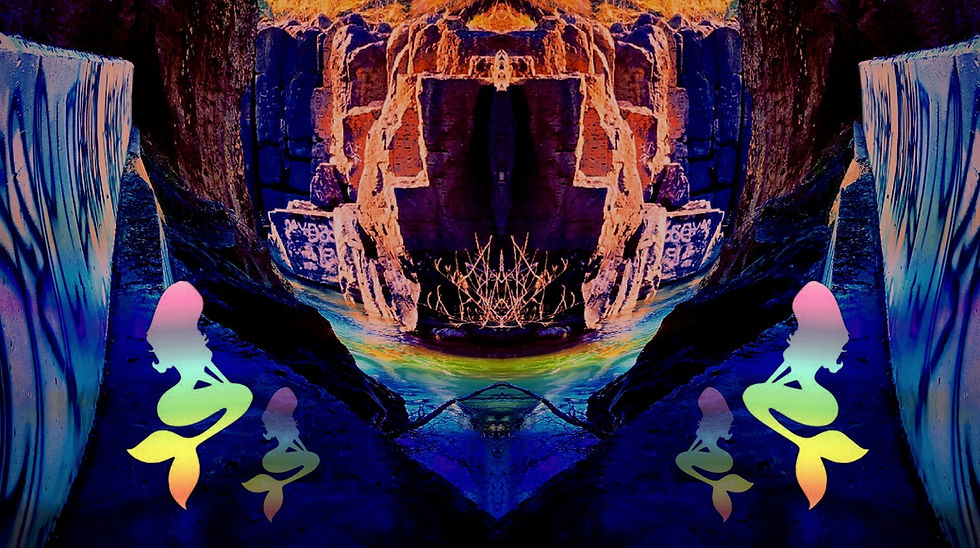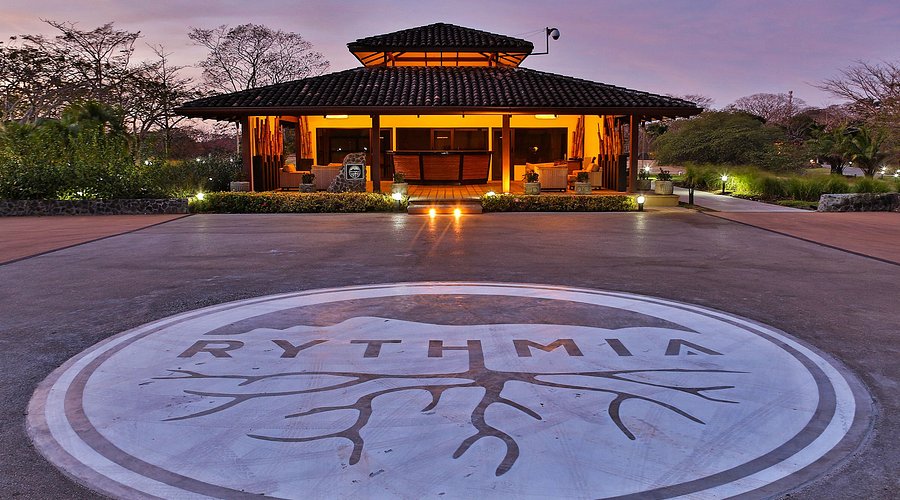- kimberzy777

- Dec 23, 2025
- 2 min read
The brighter the light the deeper the shadow
― Jay Kristoff, Nevernight
And what is a shadow, what does it mean?
The actual definition is: A dark area on a surface where a light from a light source is blocked by an object in contrast.
It can also be used in reference to proximity, oppressiveness, or and gloom.
Carl Jung defined the shadow as the unconscious part of our personality holding repressed, primitive, or rejected traits.
In my research I think Carl Jung should be accredited for this concept and the truest analysis of the shadow
The shadow also symbolizes the hidden parts we do not see as they now hide inside of the subconscious. Our fears, imperfections and inhibited passions. And this is not limited to bad or good. The shadow is simply a part of one's self that for some reason was suppressed and was not able to take form. It hides inside darkness trying to find the light. The hidden key that holds the answer to open up the door to our. . .
(Previously on LOST: We covered that the subconscious mind controls 95% and the conscious mind controls 5% which is separated by the critical factor or the more technological name Critical Faculty. This is the barrier that stands in the way of true understanding. It blocks us from our own awareness of actually knowing who we are.)
Subconscious mind and the Shadow
I believe that is the core to get through as it delves into all of the aspects that have been accrued in a lifetime. It's looking at beliefs, fears, accomplishments, childhood memories and oh so much more. If the shadow stays in the darkness the light can never shine.





















